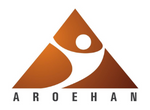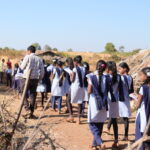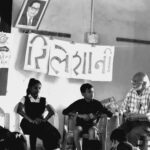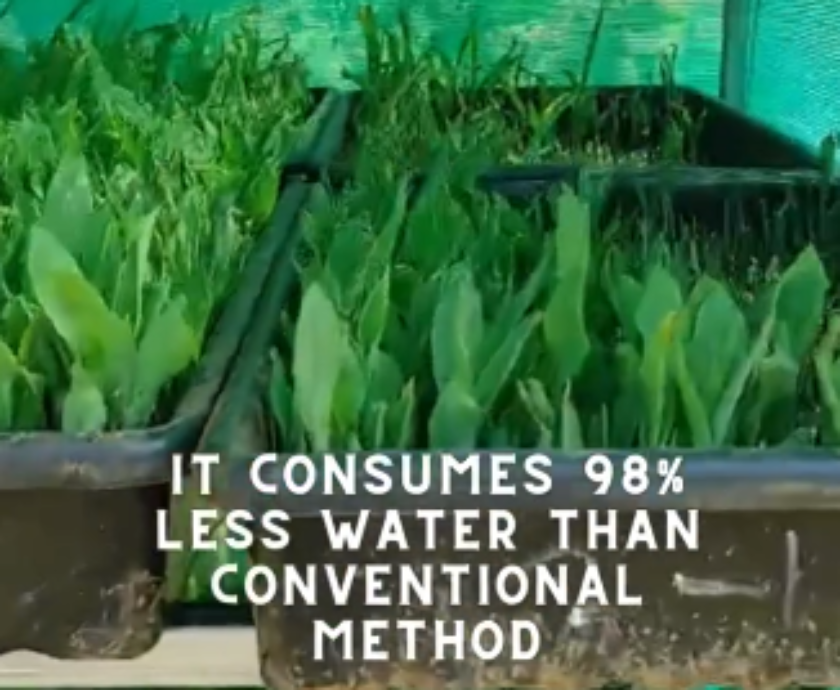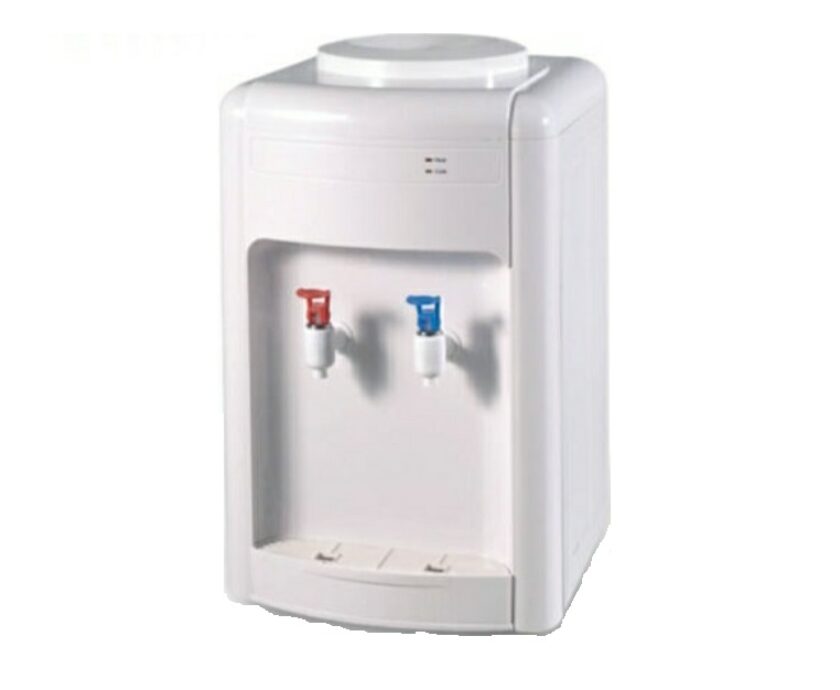The lack of gainful employment in and around the place of residence has forced villagers to migrate all these years. Conditions surrounding the migration process can increase the vulnerability to ill health, poor sanitation, socio-economic crises, school dropouts, and exploitation. Recently, our Health team visited 97 of many tribal families that migrated from our project areas post-monsoon.
Upon reaching the place, we found 47 people living in plastic tents by the roadside. For sanitation, there were outdoor bathrooms and toilets, and well water for drinking purposes. They do not have job security and they work as per the availability of work at different places. No one knew about the Anganwadi center or schools nearby. It is likely that mothers and children do not get the necessary vaccinations and also children drop out of school because of migration. When we interviewed women, they expressed satisfaction with the work, in spite of several disadvantages, as they received daily wages for this work. Despite applying for MGNREGA in the past, they did not get work opportunities within their village.
Through AROEHAN we try to leverage schemes like MGNREGA, PESA, and Forest Rights, as well as allied livelihood opportunities to ensure their sustenance within the village. We also ensure the good health of the community with our various health initiatives, including monitoring the health of children and counseling mothers. Due to migration, it becomes difficult to keep track of their circumstances, thus, increasing their vulnerability to various health and socio-economic issues.
